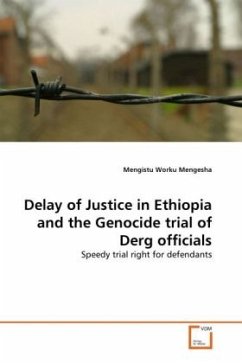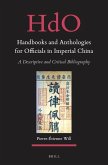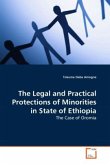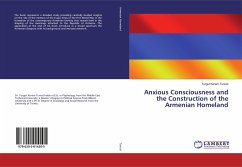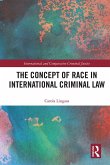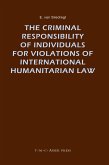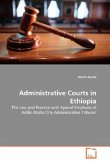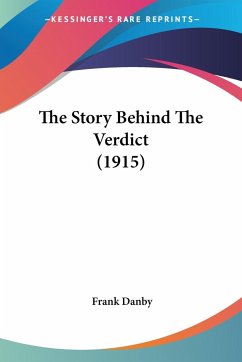Ethiopian constitution and several human rights laws recognized the right to speedy trial. This right guarantees defendants against delay and allows the enforcement of several rights regardless of the gravity of the crimes. Nevertheless, speedy trial right in Ethiopia is clearly problematic, if not violated as court judgments take quite long time. A reason for this might be an absence of a judicial test for courts to enforce the right. Despite lesser enforcement of the right in Ethiopia, the judiciary still prosecuted Colonel Mengistu Hailemariam and other senior officials for genocide and crimes against humanity. Eventually the trial took more than a decade before a judgment was reached and hence Mengistu's trial became the longest genocide trials ever. Twelve years old trial might simply be judged as a delay; however, the lengths of delay in the case and the potential prejudices towards the defendants' rights have never been reviewed thoroughly. Therefore, the contribution of this book is to introduce a judicial test developed by American courts on speedy trial protection to test whether 12 years and 2 months trial is a violation of speedy trial.
Bitte wählen Sie Ihr Anliegen aus.
Rechnungen
Retourenschein anfordern
Bestellstatus
Storno

